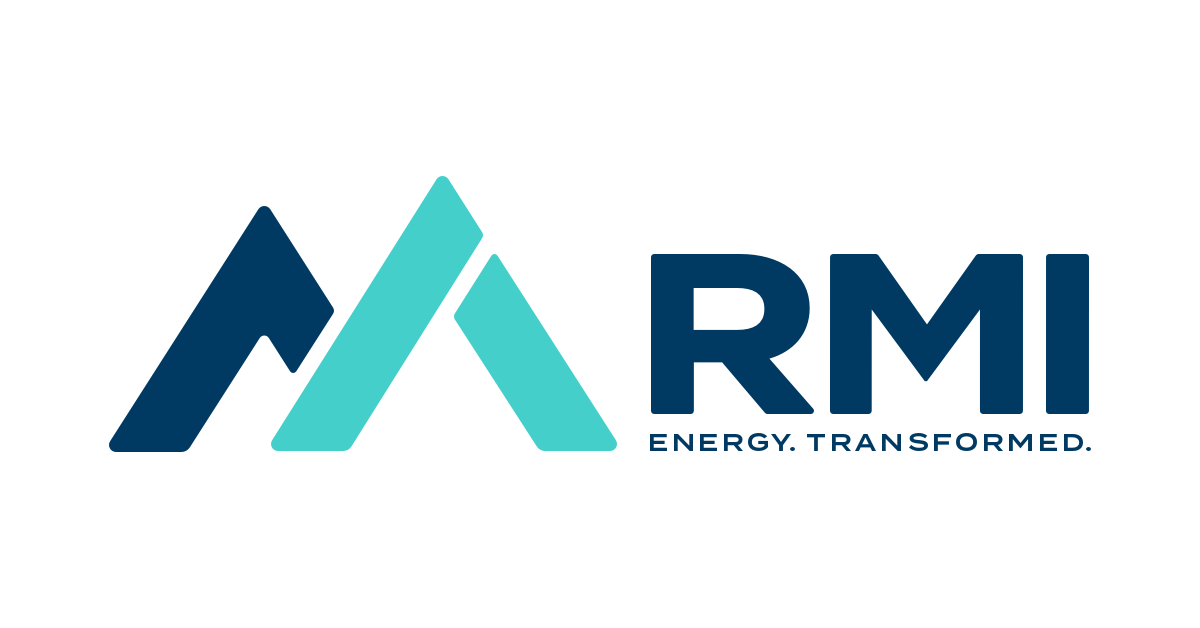2 February 2023: Today, RMI, founded as Rocky Mountain Institute, collaborated with Nigerian-based private minigrid developers Nayo Tropical Technology Ltd. and Prado Power Ltd. to announce the rollout of the first cohort of Sharing the Power’s community-centric minigrid projects. The objective is to prove that community-centered interventions in minigrid development can improve system performance while increasing socioeconomic development and empowering minigrid communities.
The proposed projects will achieve this win-win scenario by developing and implementing measures that will increase the community’s ownership and develop inclusive governance allowing for the equitable distribution of benefits among community members. In addition, RMI will integrate these projects into Nigeria’s existing minigrid programs to support ongoing national electrification efforts.
“Nayo Tropical Technologies believes Sharing the Power community-centric minigrids project collaboration with RMI will open an innovative and scalable ownership model, capable of catalyzing minigrid deployment across Africa,” said Okenwa Anayo Nas, CEO, Nayo Tropical Technology.
In Nigeria, minigrids have emerged as a cost-effective option for reliable electricity, creating exciting opportunities to increase the pace of electricity access. However, estimates from the Nigerian Rural Electrification Agency (REA) show almost 90 million people in Nigeria do not have access to grid electricity. Consequently, the country’s Energy Transition Plan is poised to advance the energy access agenda and seeks to add 30,000 MW of newly installed capacity by 2030, from at least 30% of renewable energy. This includes minigrids — self-contained energy generation and distribution systems — which usually operate at the community scale.
“We are pleased and excited about these minigrids projects in Nigeria. Having communities drive these efforts — providing examples for other communities — is exactly the model that we envisioned when we partnered with RMI to help fund this work,” said Marieke Rodenhuis, Deputy Head of the Charity Department, Dutch Postcode Lottery. “We are very happy to be able to support this effort thanks to our lottery players.”
Through its community-centric approach, Sharing the Power is well-positioned to leverage the momentum of the national plan to drive innovation and change. Community participation during minigrid design and implementation as well as inclusion of community-perceived opportunities for economic growth and increased productivity are critical to improving system impact.
“We see the community-centric minigrid model as a decisive step toward empowering rural communities while ensuring that minigrids unlock long-term local economic development and resilience,” said Suleiman Babamanu, RMI Nigeria Program Director.
RMI has identified five key elements to guide the design of community-centric projects:
- Community ownership and/or co-ownership
- Governance structure
- Sharing of benefits
- Gender equity and social inclusion (GESI)
- Structure to safeguard community investment
In addition, Africa’s inherent local leadership structures — including religious groups, local associations (e.g., agricultural), and cooperatives — can feed on the success of new projects or save stranded assets. These dynamics and underlying characteristics can ensure project success by generating community buy-in, thus increasing project sustainability.
“In the middle of all the activity across our operations — technical, administrative, commercial — we never lose sight of a core goal, which is to empower the communities we operate in, lift them out of poverty, engender a better quality of life,” said Washima Mede, CEO, Prado Power. “That is why we are excited to be part of RMI’s Sharing the Power initiative, where we strive to deploy an innovative approach that goes beyond mere energy access and provides additional benefits that can form the foundational blocks for sustainable communities (SDG11).”
Partnering communities of the first cohort include Mokoloki in Ogun State, Tungan Jika and Aninigi in Niger State, and Mbiabet Ikot Esieyere in Akwa Ibom State.
###
About Nayo Tropical Technologies: Nayo Tropical Technology (NTT) has been at the forefront of renewable energy technology in Nigeria for the past two decades. NTT is a vertically integrated cleantech company with core activities in renewable energy, utilities, e-mobility, and renewable energy product development. With a portfolio of 10 operational minigrids providing energy to over 11,290 homes and businesses (about 55,000 people) across Nigeria, NTT has a robust pipeline of 23 new isolated, interconnected, and commercial and industrial solar projects planned for commissioning in 2023 to serve over 25,000 homes and businesses.
About The Dutch Postcode Lottery: The Dutch Postcode Lottery is a marketing-driven organization with a social purpose. Lottery players win prizes and support charities. Since 1989, more than €12 billion has been raised for charities and good causes, near and far, that help contribute to a fairer, greener, and healthier world. The Dutch Postcode Lottery is part of the Postcode Lottery Group, the third largest private charity donor in the world. For more information, visit: www.postcodelotterygroup.com.
About RMI: Founded as Rocky Mountain Institute, is an independent nonprofit founded in 1982 that transforms global energy systems through market-driven solutions to align with a 1.5°C future and secure a clean, prosperous, zero-carbon future for all. We work in the world’s most critical geographies and engage businesses, policymakers, communities, and NGOs to identify and scale energy system interventions that will cut greenhouse gas emissions at least 50 percent by 2030. RMI has staff in over 25 countries, including teams based in Abuja and Lagos, Nigeria, and offices in Beijing; Basalt and Boulder, Colorado; New York City; Oakland, California; and Washington, D.C. For more information, visit: www.rmi.org.
About Prado Power: Over the past six years, Prado Power has provided cutting-edge renewable energy solutions for commercial, industrial, residential customers across urban and rural areas in Nigeria. With over 2MW of solar PV deployments and a focus on the productive use of minigrids in rural communities in tandem with agriculture hubs, Prado Power has a vision to resolve the region’s energy deficit and significantly empower smallholders economically through agro/energy deployments in rural communities. In pursuit of this, Prado Power is in constant engagement with internal and external stakeholders, including regulatory agencies, fund managers, and technical partners to pull together resources to make this vision a visible reality.






















